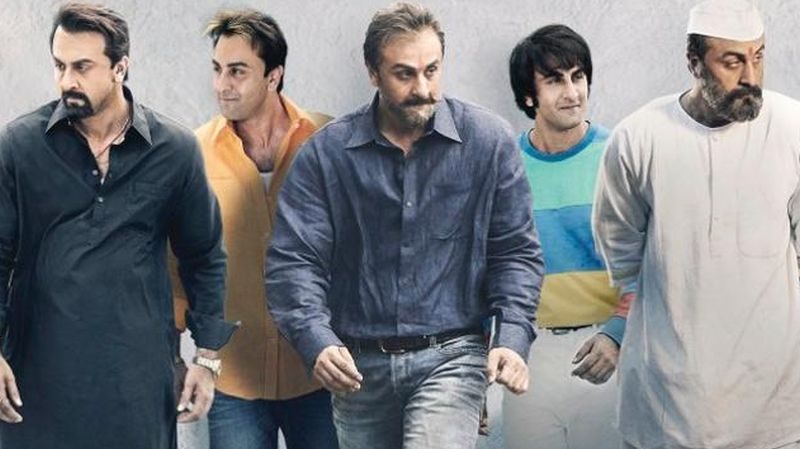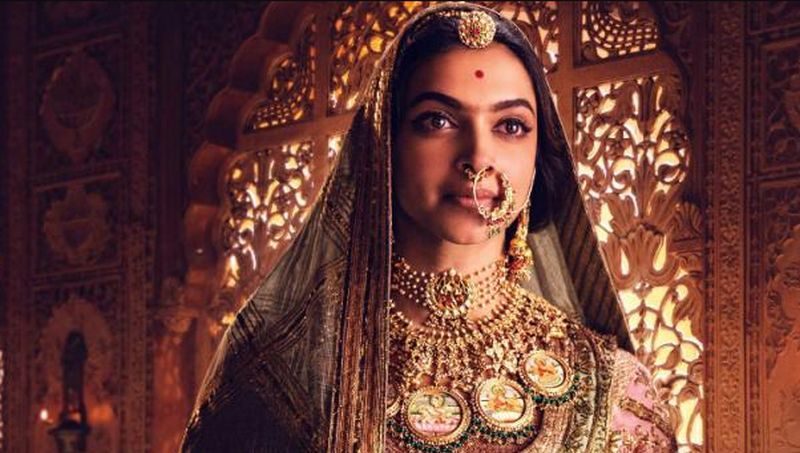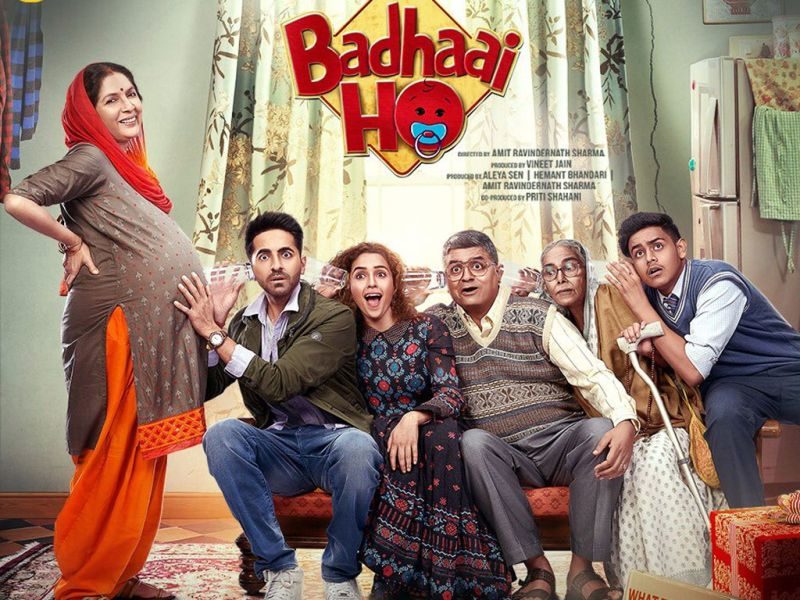Recently, a wave of “feminist” movies is flooding the film industry – both in India and oversees. Strong female lead characters pile up in these films, in an attempt to be the flag bearer of women empowerment. On the surface, this sounds fantastic. Women in the audience heave a sigh of relief as they see the women on-screen scream their lungs out, fight against the oppressive men and even have an impactful soliloquy about how patriarchy is the main villain. All that is fine. But is that all there is to the feminist dialogue? In their private spaces, as individuals, as human beings in their own right, do these strong female characters in cinema hold their own personalities? Turns out, even in “feminist” movies, these characters only scratch the tip of the iceberg. The rise of pseudo feminism makes us question: Is film and feminism sending its audience the right message?
The Bechdel Test – The litmus test for pseudo feminism in cinema
The rules of the Bechdel Test are quite simple. In any given movie, there must be at least 2 female characters (with a name, of course!). These women should engage in a conversation amongst themselves at least once throughout the movie. And lastly, their conversation/s should revolve around anything except men. This test will make it really easy for the audience to understand which movies are actually feminist, and which movie banks on pseudo feminism.
In this light, this article will examine some movies, both Indian and international, to reveal whether the ones with strong female characters really stand the Bechdel Test. Who knows, we might end up with surprising (or shocking) results.
1. Sanju (2018)
 Sanju is a good movie. There is no doubt about that. There isn’t even a second where the movie feels boring or stretched. While the movie takes you on a roller coaster of emotions, the movie simply fails to clear the Bechdel Test. Here’s why.
Sanju is a good movie. There is no doubt about that. There isn’t even a second where the movie feels boring or stretched. While the movie takes you on a roller coaster of emotions, the movie simply fails to clear the Bechdel Test. Here’s why.
The movie has three strong female characters – Sanju’s mother (played by the talented Manish Koirala), his wife (played by the dignified DiaMirza), and a writer who is seeking Sanju’s real story (played by the effortless Anushka Sharma).
Despite being filled with three strong and inspiring women characters, Sanju as a movie fails to present a single scene where either of these women engage in meaningful dialogue. Also, the energies of these three women are entirely spent on Sanju. It’s tough luck when a movie attempts at increasing female representation and ends up with a blotted, hollow version of the same.
2. Padmavat (2018)
 Padmavat is a cinematic masterpiece. There is no denying that. But a movie which tries to bank on the glorification of self-immolation (jauhar), Padmavat cannot scream about women empowerment from the rooftops. Granted, there are two strong female characters, who share intense conversations with one another, none of these are devoid of the concept of male-centeredness. Everything in Padmavati’s world revolves around her husband – and till the point where she breathes her last.
Padmavat is a cinematic masterpiece. There is no denying that. But a movie which tries to bank on the glorification of self-immolation (jauhar), Padmavat cannot scream about women empowerment from the rooftops. Granted, there are two strong female characters, who share intense conversations with one another, none of these are devoid of the concept of male-centeredness. Everything in Padmavati’s world revolves around her husband – and till the point where she breathes her last.
If that doesn’t convince you that Padmavat banked on pseudo feminism, visualize that one cinematic moment where small girls and pregnant women were led by their queen to the site of self-immolation, rather than attempt one last fight against the invading army. That’s heartbreaking and frustrating.
3. 2.0 (2018)
 Starring superstars Rajnikanth and Akshay Kumar, this movie broke most of the box office records. It delivered a unique and impactful message – technology will be the death of nature. Marvelous cinematography, breath-taking visuals, and power-packed performances made this film a favorite among the Indian audience. But it did one thing wrong: It mistook a stereotypical depiction of a female robot as sufficient female representation.
Starring superstars Rajnikanth and Akshay Kumar, this movie broke most of the box office records. It delivered a unique and impactful message – technology will be the death of nature. Marvelous cinematography, breath-taking visuals, and power-packed performances made this film a favorite among the Indian audience. But it did one thing wrong: It mistook a stereotypical depiction of a female robot as sufficient female representation.
Amy Jackson plays a female robot in the movie who overworks for Vasi (played by Rajnikanth) mentally and for Chiiti (played once again by Rajnikanth) emotionally. Obeying commands given by the two, the female robot acts only as a physical representation of women empowerment in the film. But re-watch the movie, and you will realize how she is objectified right from the beginning and continues to remain objectified till the end.
A movie encourages the rise of pseudo feminism by superficially delivering the message about women empowerment. But can this kind of portrayal be looked at with awe, inspiration and motivation? Sadly, no. And hence, 2.0 fails the Bechdel Test.
4. Badhaai Ho (2018)
 Once in a blue moon, strong female characters in cinema get their due. The best example for this is Badhaai Ho, a 2018 Bollywood flick starring Neena Gupta, SurekhaSikri, and AyyushmaanKhurrana. Not only does this film deal with the taboo associated with pregnancy in middle-aged or old women, but it also breaks multiple stereotypes that cling to our minds due to years and years of visual consumption of the saas-bahu daily soaps.
Once in a blue moon, strong female characters in cinema get their due. The best example for this is Badhaai Ho, a 2018 Bollywood flick starring Neena Gupta, SurekhaSikri, and AyyushmaanKhurrana. Not only does this film deal with the taboo associated with pregnancy in middle-aged or old women, but it also breaks multiple stereotypes that cling to our minds due to years and years of visual consumption of the saas-bahu daily soaps.
This movie has three to four strong female characters. Not only that, the mother-in-law and the daughter-in-law duo in the movie stick by each other as the latter gets taunted by her sister-in-laws due to her middle-aged pregnancy. A conversation opener about the topics of sexual intercourse, pregnancy and having the right to choose for oneself – this film gets feminism just right.
5. Captain Marvel (2019)
 Image Source : images.indianexpress.com
Image Source : images.indianexpress.com
A fresh release in the box-office, Captain Marvel is a movie based on the comic book of the same name. This film, starring Brie Larson as the protagonist, could have easily overlooked the topic of feminism to simply focus on the battle between the hero and the villain. But it chose the harder, better way
Captain Marvel runs on the theme of women empowerment. Right from portraying an inspirational conversation among a single black mother and her young daughter that revolves around being a role model and using symbolism to portray how the very thing that appears to empower us is the one limiting our potential to showcasing that if women set their hearts and minds to anything, they can achieve their goals – it’s all there in the movie. It’s a pass!
Film and feminism have started to go hand in hand only recently. Thus, it calls for a certain degree of caution. Movies often bank on pseudo feminism to reach a wider audience. But as viewers, when we see only 2/10 movies passing the simple Bechdel Test, we must ask ourselves and the film makers as well – is this what we want? Do we want strong female characters in cinema, but without any agency of their own? Do we wish to look upto characters who have a voice, but cannot speak up when required? Or do we desire to see female representation in movies – a representation which is as much felt as seen. Just think.



